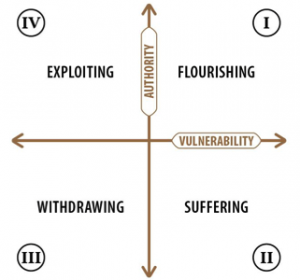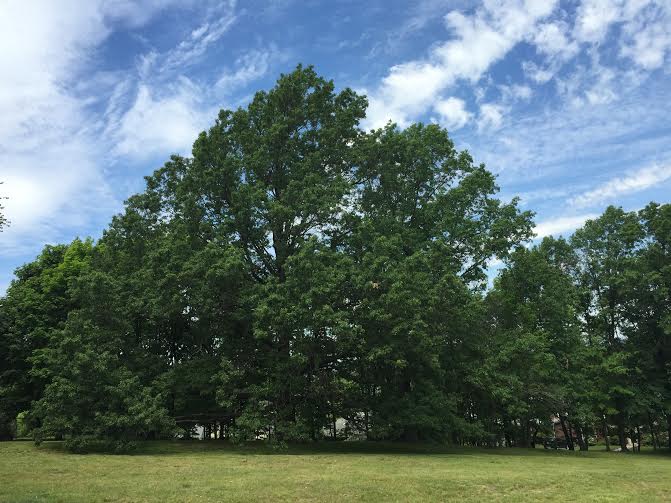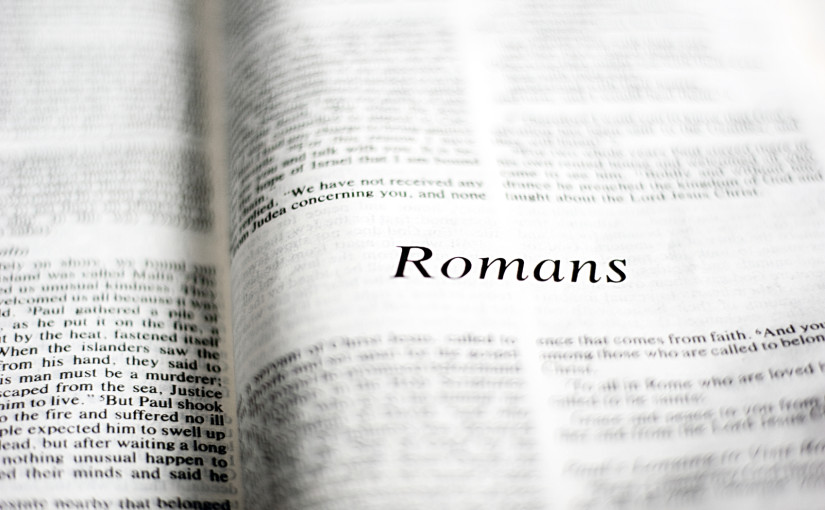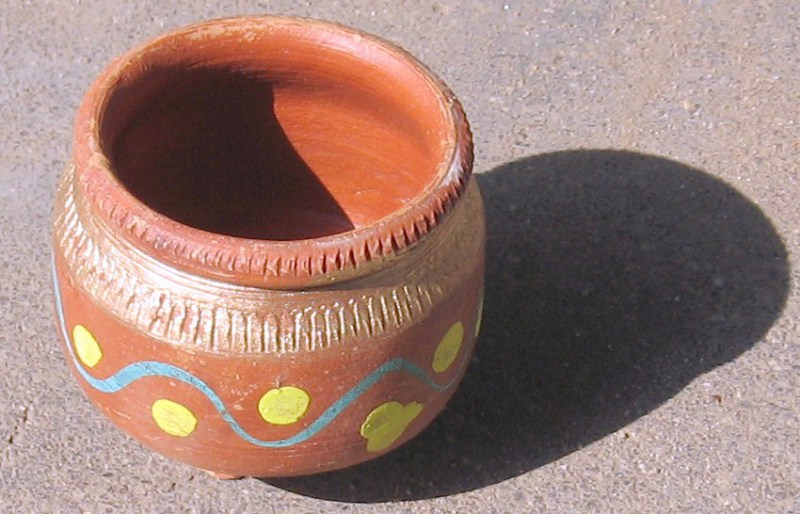Last week was a doozy, wasn’t it? Sunday, just as I was wrapping up our second service at church, I heard the news of the late night mass shooting in Orlando. Of the 49 killed, there was an accountant, a star athlete, a bouncer, a bartender, a restaurant manager, a young man described as a “cool dude” and “an angel” for his extraordinary kindness. They were sons, daughters, friends, fellow humans. The great majority were LGBTQ persons and persons of color, as well. They were targeted by another young man who claimed to be inspired by radical Islamic funamentalism, including ISIS, and may or may not have been a closeted gay man himself, certainly a relevant topic for consideration if that proves to be true.
But I’m not in a position to analyze. I’m no expert on the events, and it’s likely too soon, certainly for an outsider and amateur like me. I just know that every time I checked the news or even looked at my facebook feed, I saw and heard more, and was paralyzed by a low level grief. On top of that, despite this being a pretty awesome week in my own life in many, many ways, I had the news from a dear friend of a potentially deeply worrisome health diagnosis. So that was on my mind as well.
Thursday, I found myself unable to get much done. Until I noticed that, did a few things, and then went on my way with a fair measure of joy and peace. Nothing I did was all that original, but in case it helps, I’ll share with you all.
I took a walk. The picture for this post, in fact, is the gorgeous and enormous old oak tree in a park I like to walk through and pray in now and then. Andy Crouch, in his book Strong and Weak, presents a 2 by 2 chart that outlines the various ways humanity flourishes or doesn’t. The polar opposite of flourishing in his chart is withdrawal, when we have or exercise no capacity for meaningful action, and we open ourselves up to low or no risk or vulnerability.

For folks living in safety and security, we easily hide from the scariness of the big world by retreating into safe and meaningless withdrawal. For me, this looks like endless and mind-numbing facebook scrolling, for instance. Crouch says that one of our simplest paths out of withdrawal is just this.
“Turn off your devices and go for a walk or a run, not just on days when the weather is pleasant but on days when the wind is fierce, the rain is falling or the humidity is high. Shiver or sweat, feel fatigue in your limbs, hear the sounds of the city or the country side unfiltered by headphones. Choose to go to places – the ocean, the mountains, or a broad, wide field – where you will feel small rather than grand.” (90)
My walk did just this – connected me with the big, wondrous world and gave me a moment of perspective taking.
As I walked, I started to pray. I prayed for the victims of the Oralndo shooting and for their families. I prayed for the shooter, and for his family. I prayed for our nation and our attachment to guns and our addiction to violence. I lamented the outrageous state of things in our world, on so many fronts. I prayed for my worried friend and his family.
And in a little prayer book I’ve been using to lead and inspire me, I came across this prayer: Keep, O Lord, your household the Church in your steadfast faith and love, that through your grace each of us may proclaim your truth with boldness, and minister your justice with compassion; for the sake of our Savior Jesus Christ…” And that felt timely to pray and guided me toward the kind of spirit and action I want to embrace.
Then I did a couple of things that were in my power. On the advice of one activist I follow on facebook, I checked in on a few LGBTQ friends of mine, asked how they were doing, told them they had my prayers and love and support. I signed a petition related to gun violence. I made a note to myself to say something and lead out in prayer the next Sunday in church.
And then I got away from my newsfeed, and I looked to love the people in my path and to live with purpose and joy, as best I could. I find that when any kind of big news hits, certainly when tragedy strikes, it’s easy to go numb watching video after video, reading article after article, taking in outraged social media post after post. I first experienced this in the aftermath of 9/11, when all of us – myself included – couldn’t stop watching those planes crash into those buildings.
But I’ve learned that this ceaseless feeding of my brain with images and outrage only paralyzes me. It doesn’t increase compassion or lead me to any kind of productive action. So I shut it off and checked in on my kids, wrote a couple of notes to friends, and kept an eye out for my next chance to connect or to serve or to be useful. I continue to think about this, almost each day.
This path may not be yours, but it’s been the best I’ve known how to do. And it’s helped keep me awake and alive, even in what sometimes feel like dark days.




